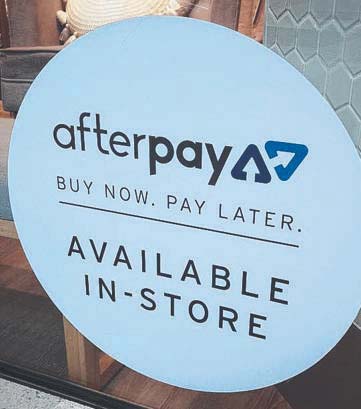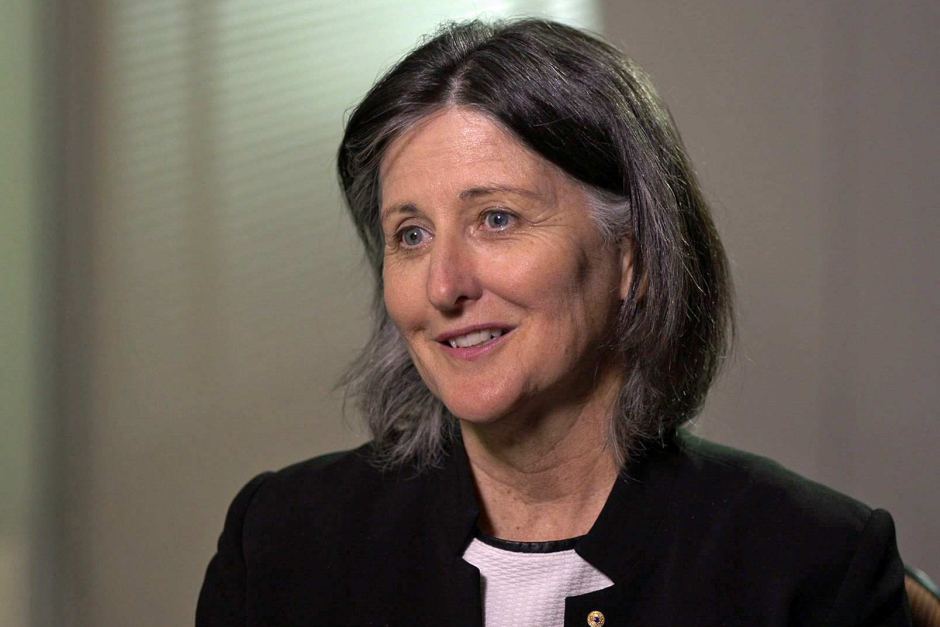Want that holiday but don’t have the money in your pocket? Want that new furniture, or pair of jeans, but your bank balance is looking a bit shaky? In days gone by, many people turned to credit cards, complete with exorbitant interest rates.
But not anymore. Enter the new kid on the block: Buy Now, Pay Later, with its presenting 30 per cent of the population. And you can now use BNPL for just about any consumer purchase, from fashion to airfares to groceries. You can even use BNPL to buy stake in an investment property, complex investment at the best of times, but with BNPL made to look deceptively simple. Is there a catch? There’s a couple and they’re serious. For a start, there is no such thing as a free lunch.
BNPL providers may not charge interest, but someone has to pay. For BNPL users, depending on the business model, that means either account keeping fees or late fees. For some people, these fees will be just as high as credit card interest. BNPL providers also make money from the fees they charge merchants for using their payment platform — between 3 and 7 percent of the transaction.
Unlike credit card surcharges, these fees are not added at the time of purchase. But they have to be paid for somehow, meaning they increase the cost of goods for everyone. However, the biggest catch is BNPL falls outside of Australia’s credit laws. Again, that’s because BNPL charges fees, not interest.
There are big advantages for BNPL providers to argue they don’t provide credit. It means they don’t need to take appropriate steps to lend responsibly; they don’t have to be member of the Australian Financial Complaints Authority, the free and independent dispute resolution body; and they don’t have to offer adequate hardship arrangements if customers struggle to repay what they have borrowed.
That might not matter much if BNPL was a safe product and did not have the potential to cause harm. But it isn’t, and it does. Take Susan, a client of a financial counsellor who was spending 40 percent of her income on BNPL debts and didn’t have enough money left for day-to-day living expenses, including rent. Or John, a pensioner with early signs of dementia who was signed up to $14,000 of dodgy solar panels using BNPL when a salesman called at his home. ASIC’s report found one in five people had missed payments on their BNPL debts.
Worryingly, one in five people had also gone without essential items, such as food, in order to make a payment. While the maximum debt a person can incur with the most well-known BNPL provider after pay is$2000, there are now a plethora of providers with different iterations of the business model. Latitude Pay, for example, offers limits of up to $5000.By the second half of this year, Latitude plans to lift that to $30,000.
No doubt others will follow. How can anyone argue with a straight face that this is not credit? Worryingly our political leaders seem to have bought into the idea that “finch” (the buzzword for financial technology), to which Lender the credit laws because it was an innovative product and the industry could self-regulate. Yes, BNPL is innovative and it is providing additional competition in the payments market. But it is ideology gone mad to say that just because it is innovative; it should sit outside the consumer protection framework.
This also flies in the face of the financial services royal commission. Remember all those heartbreaking stories of harm caused to people? One of the things commissioners Kenneth Hayne railed against was loopholes in the law. One of the most sensible things Josh Freedenberg did in the early days of the pandemic was to ditch ideology. The government then made sensible choices about how to respond to the health and economic disasters wreaked by COVID-19.BNPL providers run a mile at the mention of the word “credit”, telling their customers the service is all about better budgeting.
What they are really doing is turning a loophole in the law to a gaping hole. If it looks like a duck and quacks like a duck, it is a duck. We should ditch ideology and recognize BNPL is credit and should be regulated like other credit. If we fail to act, more and more Australians will be harmed.

FIONA GUTHRIE IS THE CEO OF FINANCIAL COUNSELLING AUSTRALIA. ASSISTANCE IS AVAILABLE VIA THE NATIONAL DEBT HELPLINE (1800 007 007) AND WEBSITE (NDH.ORG.AU)



